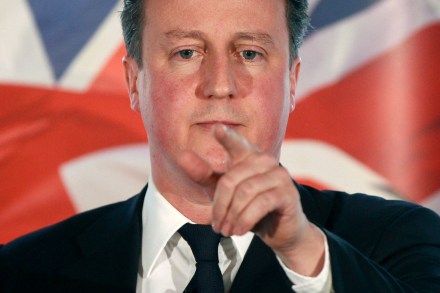America’s working women
We know that the growth of women in work has been a significant driver of household income growth in the UK over the last 50 years. In fact, children are now most likely to grow up in poverty in male breadwinner households. Today’s publication of the annual snapshot of America’s middle class – The State of Working America – reveals a similar trend on the other side of the Atlantic. As Figure 1 shows, American families with women in work saw their family incomes rise from the early 1970s until the early 2000s. Conversely, families without a woman in work (both couples and single parents) did not. Figure 1. Indexed Median family income




















